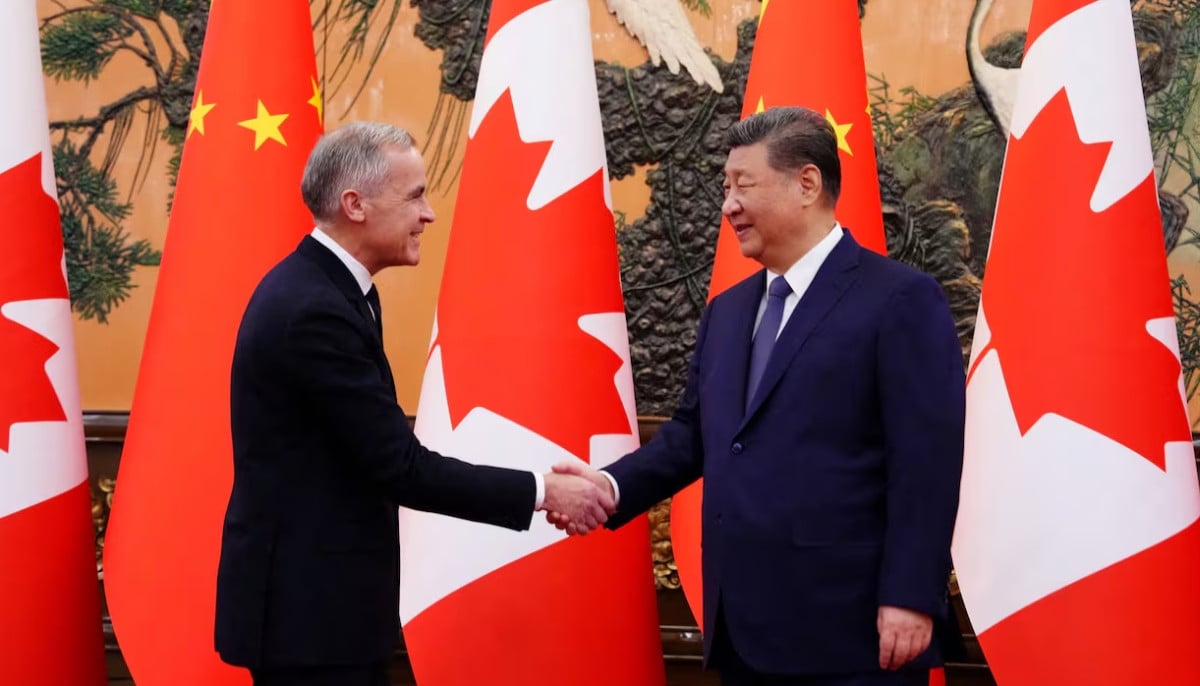Pakistan expected to avoid FATF blacklist with support of Malaysia, Turkey, China
Arrest of outlawed group JuD's chief, Hafiz Saeed, also a factor in helping Pakistan avoid FATF blacklist
PARIS: Pakistan was expected to avoid the Financial Action Task Force's (FATF) blacklist as it garnered the support of allies — Malaysia, Turkey, and China — during the watchdog's plenary meeting on Thursday.
The development comes a day before an official announcement is set to be made with FATF member countries lauding Pakistan's efforts in putting an end to terrorism financing and money-laundering.
Malaysia, Turkey, and China — three major influential member countries — voted in favour of Islamabad avoiding the blacklist during the five-day plenary meeting.
In the past four months since October 18, 2019, Islamabad has taken exemplary action against the groups engaged in terrorism financing and has worked quite hard in complying with the Paris-based watchdog's conditions.
In addition, the arrest and sentencing of outlawed group Jamaat-ud-Dawa's (JuD) chief, Hafiz Saeed, to five years and six months in two cases has effectively added to Pakistan's international standing.
The development indicates that all efforts to have the FATF blacklist Pakistan seem to have failed as the country was seen in a relatively positive light during the plenary meeting. It further shows trust in the country's economic system and its steps towards improvement.
Pakistan narrowly avoiding the blacklist would also improve its economic position around the world.
In the four months since the last meeting, Pakistan has bolstered its monetary system, made efforts to curb money-laundering and terrorism financing, and worked on the implementation of laws made back in 2010 and 2011.
Moreover, there has also been commendable inter-provincial level coordination between the Financial Monitoring Unit (FIU) and the Federal Board of Revenue (FBR), efforts to enhance the tax system, bump in the foreign exchange reserves, and reduction in illegal outflow of money.
Consequently, Economic Affairs Minister Hammad Azhar seemed quite satisfied.
On the other hand, the money-laundering and terrorism financing watchdog expects Pakistan to do more in compliance despite the three crucial nations' support.
Pakistan was placed on the grey list in June 2018 and was given a plan of action to complete by October 2019 or face the risk of being placed on the watchdog's blacklist, along with Iran and North Korea.
There would, however, be no further change in Islamabad's status for the next months after the official decision tomorrow (Friday).
-
Alan Cumming shares plans with 2026 Bafta Film Awards
-
OpenClaw founder Peter Steinberger hired by OpenAI as AI agent race heats up
-
Chinese New Year explained: All you need to know about the Year of the Horse
-
Canadian passport holders can now travel to China visa-free: Here's how
-
Edmonton weather warning: Up to 30 cm of snow possible in parts of Alberta
-
ICE agents 'fake car trouble' to arrest Minnesota man, family says
-
China confirms visa-free travel for UK, Canada nationals
-
Bad Bunny's star power explodes tourism searches for his hometown











